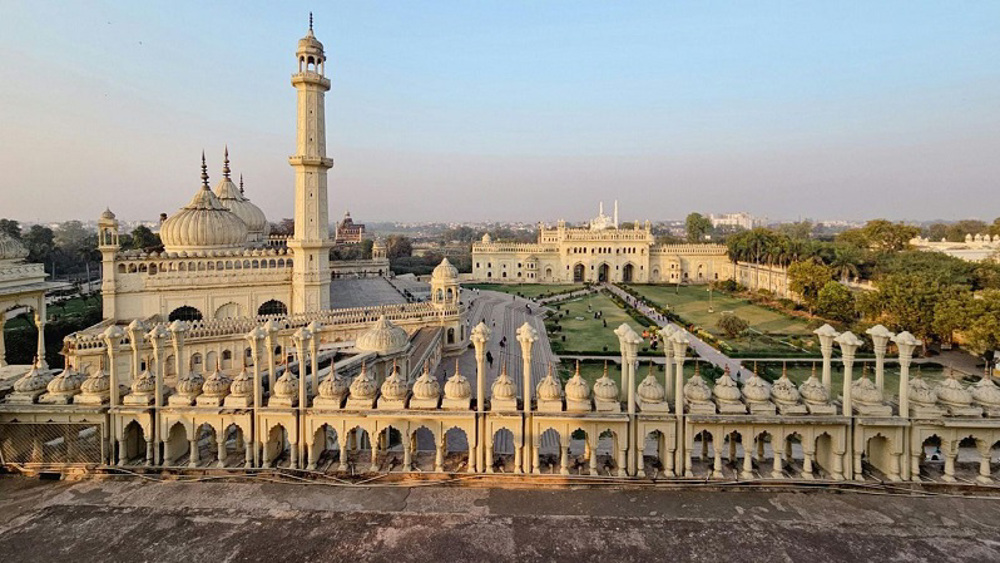Hundreds of Rohingya families flee India for fear of deportation, persecution
Some 2,000 Rohingya Muslims, who had fled to India from death and violence in Myanmar, have reportedly left the South Asian country too, fearing continued harassment there and possible deportation.
Mohammed Arfaat, a Rohingya youth leader residing in Bangladesh, said on Thursday that the Muslims had left India for Bangladesh over the past months.
The renewed exodus started after an incident in October, which saw seven Rohingya men being deported to Myanmar. Another family comprising five people were sent back to Myanmar by India earlier in January.
More families were preparing to make their way out of India, fearing a crackdown, according to Arfaat and another leader of the Muslim community.
The Rohingya, the world’s most persecuted ethnic minority, have been attacked and driven out of their native Rakhine State in Myanmar in what the United Nations investigators as well as international rights groups have denounced as “an ongoing genocide.”
India estimates that 40,000 Rohingya Muslims live in camps across the country, mainly in the city of Jammu in the north, the south-central city of Hyderabad, and the capital New Delhi.
Fearing ‘identification and murder’
India's Hindu nationalist government regards the Rohingya as illegal and a security risk. It has ordered that tens of thousands of them be identified and repatriated.
Arfaat said, "We already faced so many problems in our country and we needed freedom to live elsewhere. But, if like in Myanmar, you are fearful again, why would you live there?"
He even cited a call by the Jammu Chamber of Commerce & Industry for an "identify and kill movement" against the Rohingya.

Only 16,500 of Rohingya Muslims have identity cards issued by the UN refugee agency. The UNHCR says the documents help "prevent harassment, arbitrary arrests, detention and deportation."
The Indian government, however, does not recognize the cards either and rejects a UN position that deporting the Rohingya violates the principle of refoulement – sending refugees back to a place where they would face danger.
Myanmar's violent military campaign in 2017 forced more than 720,000 Rohingya Muslims across the border to Bangladesh. The Muslims faced mass killings, rape and arson in the Buddhist-majority country.
In August, a UN report accused the Myanmar military of mass killings and rapes of Rohingya with “genocidal intent” in 2017.
In its final report released on August 27, 2018, a UN fact-finding mission on Myanmar said the country’s army, led by Commander-in-Chief Senior-General Min Aung Hlaing, had carried out the “gravest crimes” against the Rohingya with “genocidal intent.”
The UN Independent International Fact-Finding Mission said that Myanmar’s military had taken actions that “undoubtedly amount to the gravest crimes under international law.”
Press TV's news headlines
VIDEO | New wave of Israeli strikes on Lebanon as US suspends ceasefire mechanism
VIDEO | Israeli regime kills three more Palestinian journalists
Canada prime minister hits back at Trump's remarks
Lebanese journalist summoned to court for criticizing president
‘The Voice of Hind Rajab’ receives Oscar nomination
VIDEO | Foreign-backed terrorism in Iran
US-backed riots suffered 'humiliating' defeat in Iran: Yemeni leader













 This makes it easy to access the Press TV website
This makes it easy to access the Press TV website